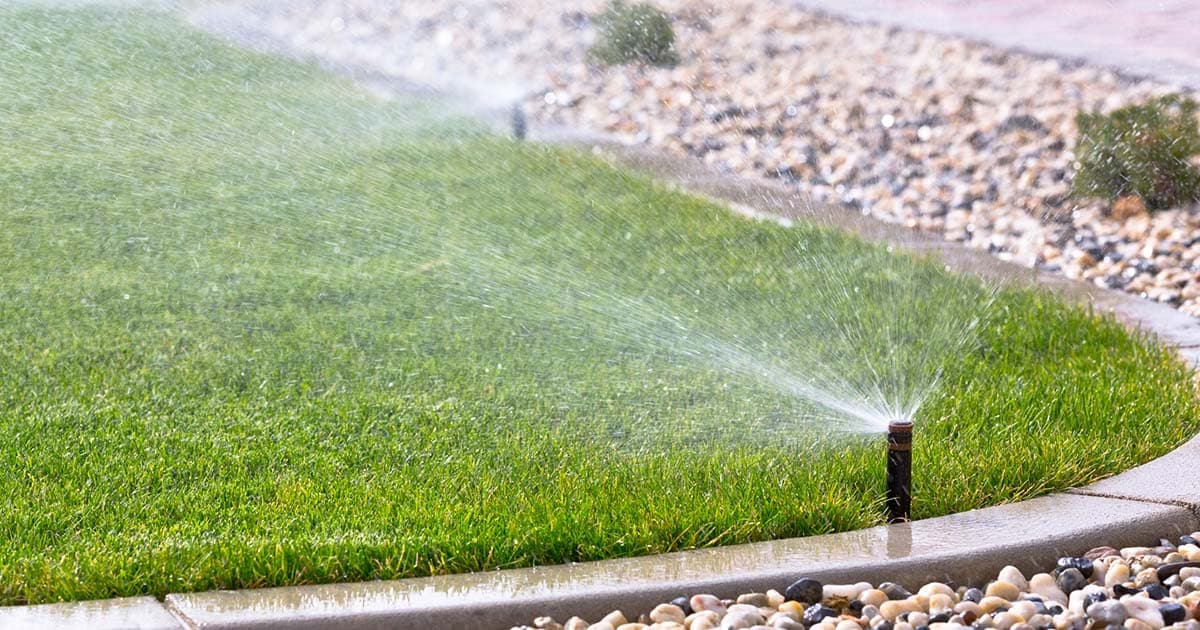How to Reduce Water Use in Hot Weather

Canadians are fortunate to live in a country with abundant natural resources, including water.
But reducing water use in hot weather is still important. Droughts and water shortages do happen.
The federal government notes that Canada is a water-rich country. It has only 0.5% of the world's population, but its landmass contains approximately 7% of the world's renewable freshwater supply.
Here are some easy ways to reduce water usage in hot weather.
Reduce water usage around your home during hot weather and all year long
Reduce your water bill and have a more sustainable home with these easy tips:
- Wash only full loads of laundry to use less water.
- Get a water softener so you can run shorter wash and rinse cycles. You need less soft water to get clothes clean than hard water.
- Fix leaky faucets and toilets. Even small leaks add up to a lot of wasted water over time.
- Keep cold water in the fridge so you do not have to run the tap every time you want cold water.
- Get a low-flow shower head and take showers instead of baths to reduce your water usage.
- Invest in a dehumidifier if you live in a humid climate. A dehumidifier pulls water out of the air and makes you feel cooler while providing water you can use for watering your plants. Chemicals in tap water are not good for your plants and this is a sustainable way to reduce your water usage.
- You can also use water that was used for boiling vegetables or pasta to water plants.
- Wash your car and windows less often in hot weather or when there is a water shortage.
Reduce outdoor water usage this summer
According to Statistics Canada in 2019, 71% of households had a lawn and 62% had a garden or area with trees, shrubs, flowers or vegetables. This adds up to a lot of water use.
The website Eartheasy.com explains that “for most of North America, over 50% of residential water used is applied to landscape and lawns.” This can be reduced dramatically by using landscaping techniques that reduce water usage and watering your yard less.
- Consider having less lawn and planting native species instead of plants that require more water.
- Use mulch to retain water by preventing evaporation. You can use straw leaves, bark mulch, or other organic material.
- It is best to water plants after 9 pm, otherwise much of the water will evaporate.
- Install a rain barrel to catch rainwater for watering your garden.
- Minimize sprinkler use – they can use around 1000 litres of clean water an hour.
- Also, consider watering your lawn less. According to Southern Water, “lawns don't need constant watering, and going brown is the natural survival mechanism of grass in hot weather.”
- Eartheasy.com explains that “the best way to save water outdoors in summer is to let your lawn go dormant during the hottest months. The lawn will turn brown during this time. Most healthy turf grasses can be left dormant for 3 – 4 weeks without the grass dying.” Lawns only need to be watered during a heat wave if they do not spring back after being walked on. If you see footprints a few minutes after walking on your lawn, then it needs water.



